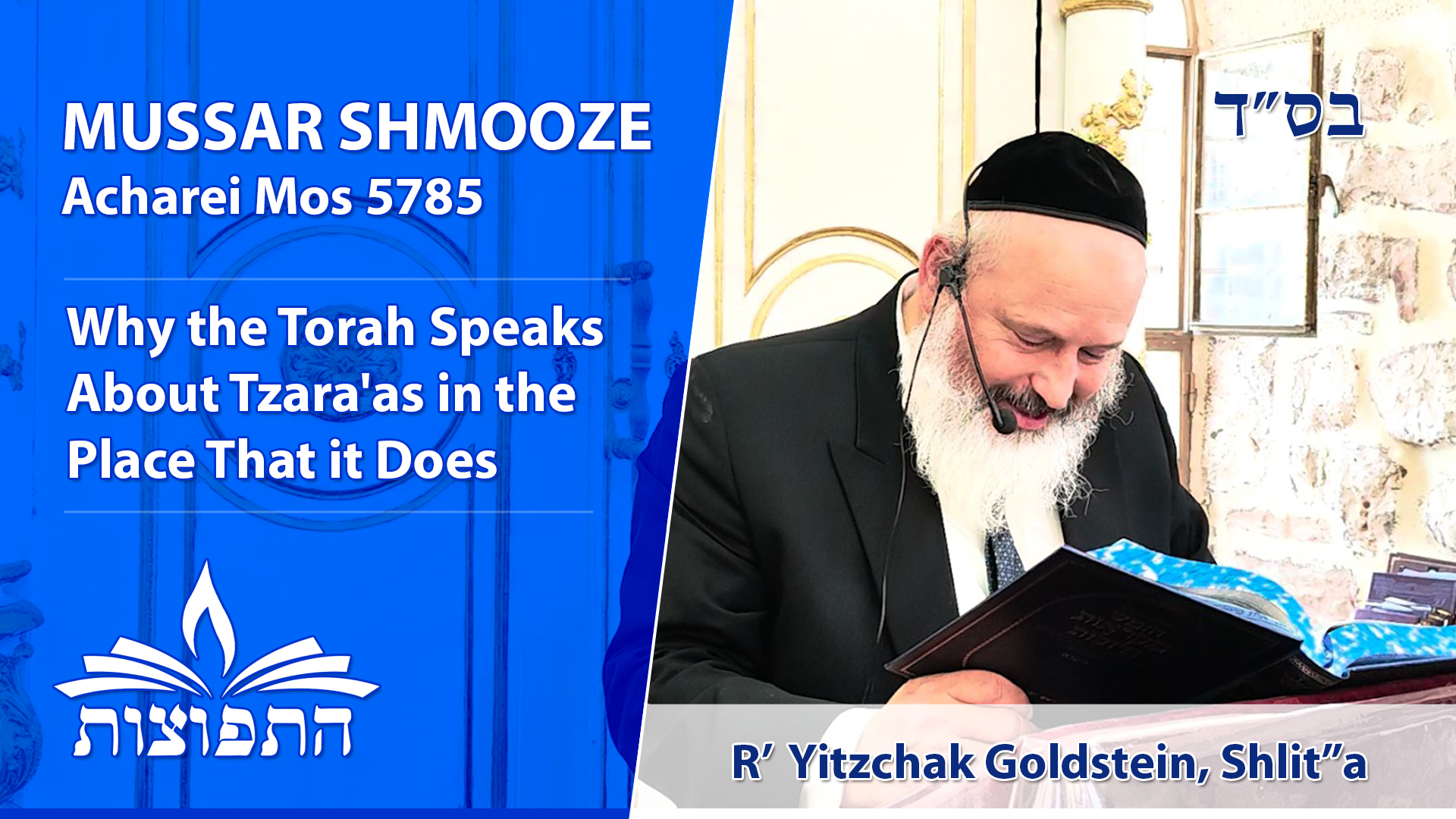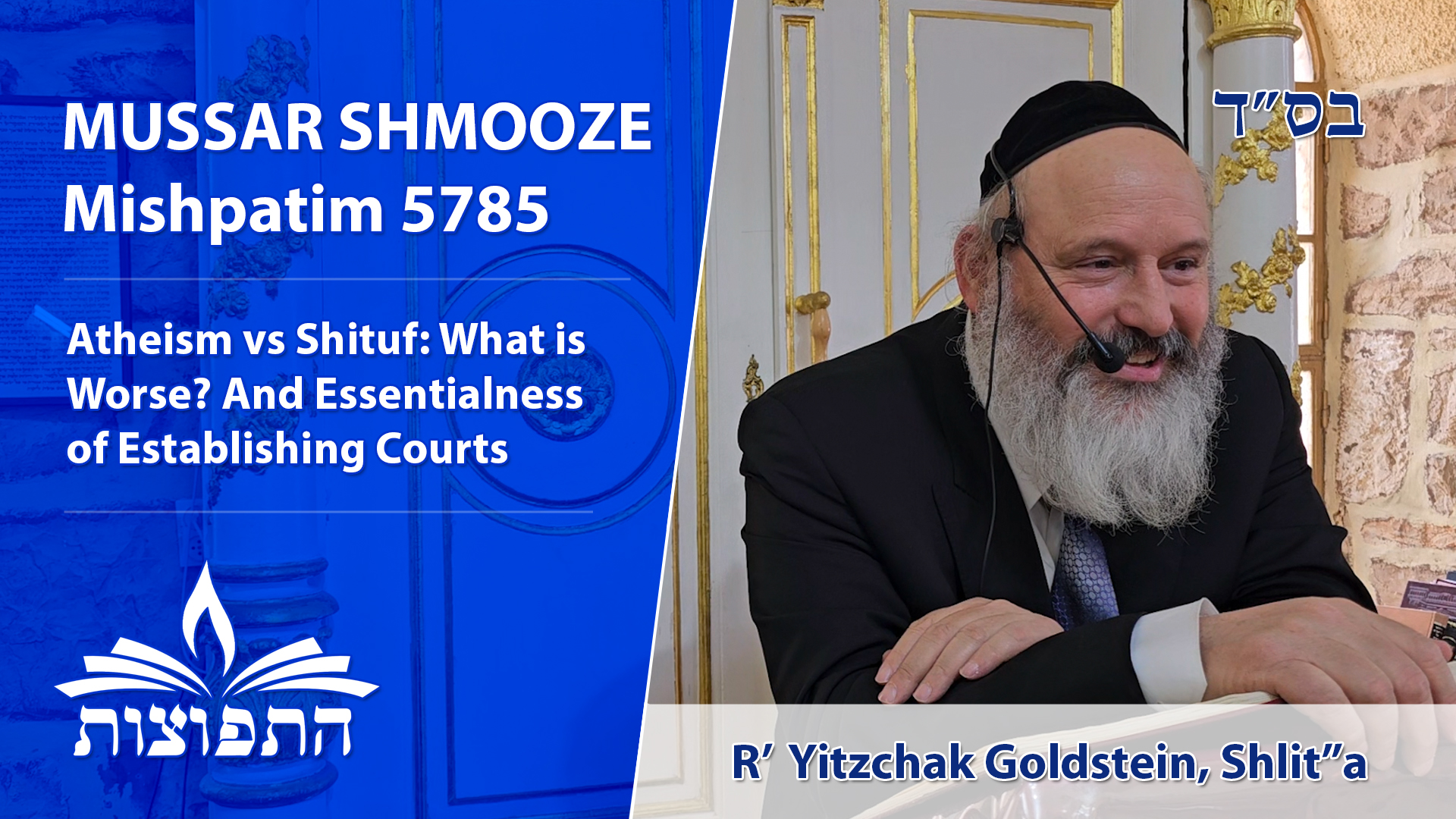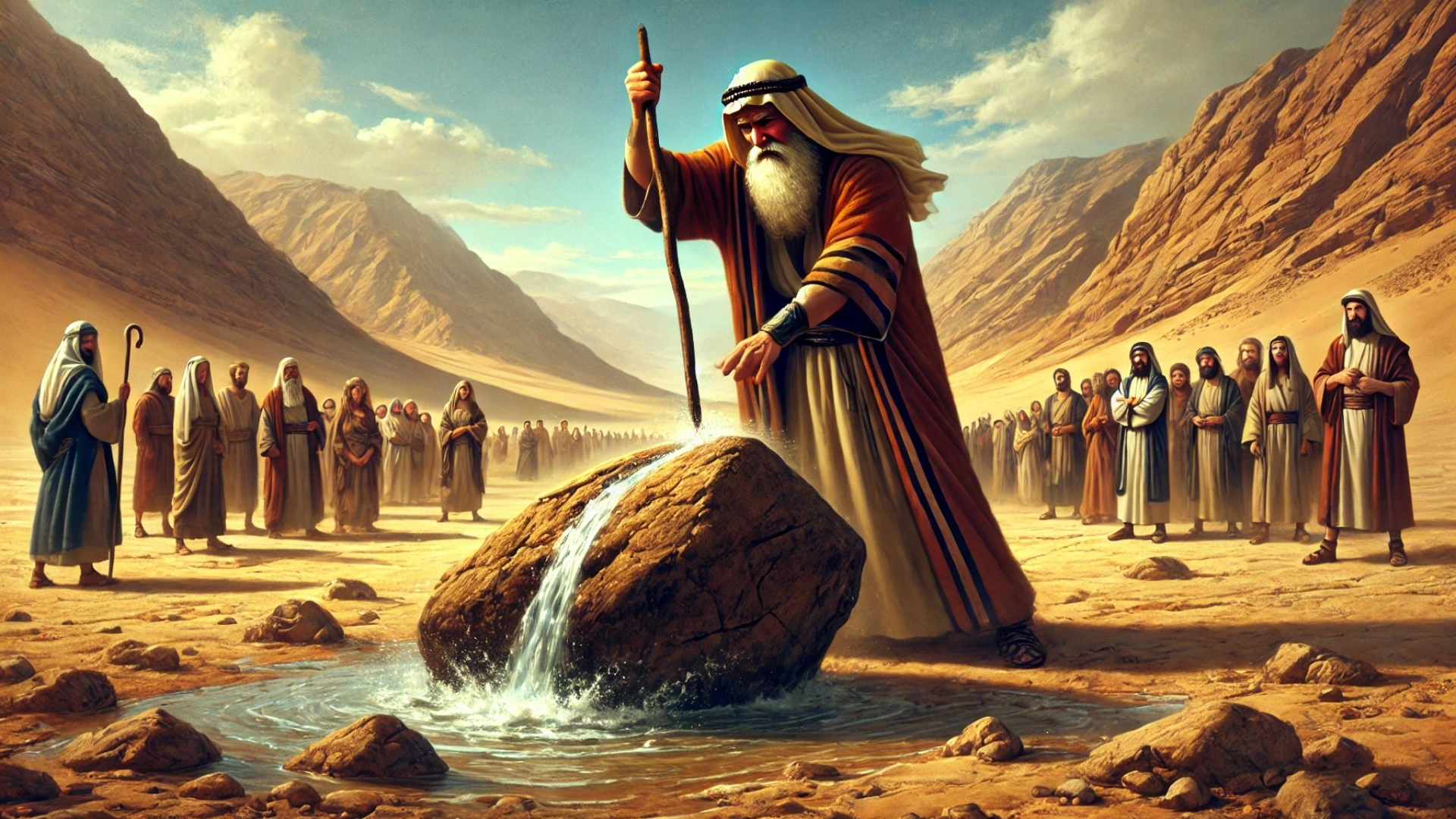The Rosh Yeshiva discusses and explains a Daas Zekeinim on the significance of the location of the parashiyos (Torah portions) on Tzara’as (“leprosy”) in the Torah, between mentions of the sons of Aharon (“Aaron”) HaKohein (the High Priest)—a serious warning about pride and looking down on others.
The Rosh Yeshiva discusses the essential requirement of establishing courts of justice, an obligation not only for the Jewish people but also for the nations in the Torah, as well as the question about what is worse, atheism or shituf, the form of avodah zarah (“idolatry”) that attributes partners to G-d, such as the doctrine of the “Trinity” insisted upon by Christians.
Delve into instances of Moshe’s use of anger as instruction. Was his anger a flaw, or a necessary expression of leadership? This article explores how Moshe’s actions reflect his unique role as both a humble leader and a teacher.



